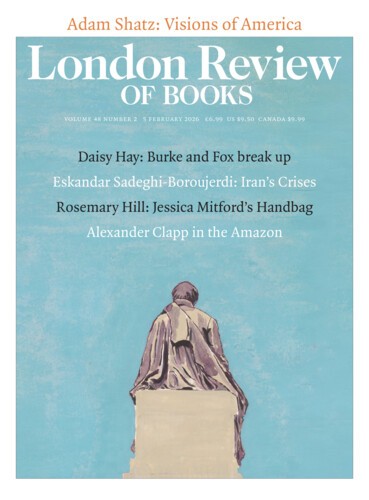When I was at nursery school in Beijing in the 1970s, there was a teacher who seemed to find tireless pleasure in tormenting the children. Living in today’s America reminds me of that nursery school. The reigning tyranny; the people who, like my mother, say this can’t be true, life can’t be that terrible; if bad things happen, you are the problem; do not provoke; keep up the hope; things will be better – by the midterms, in four years, some day.
When I was at nursery school in Beijing in the 1970s, there was a teacher who seemed to find tireless pleasure in tormenting the children. Living in today’s America reminds me of that nursery school. The reigning tyranny; the people who, like my mother, say this can’t be true, life can’t be that terrible; if bad things happen, you are the problem; do not provoke; keep up the hope; things will be better – by the midterms, in four years, some day.

